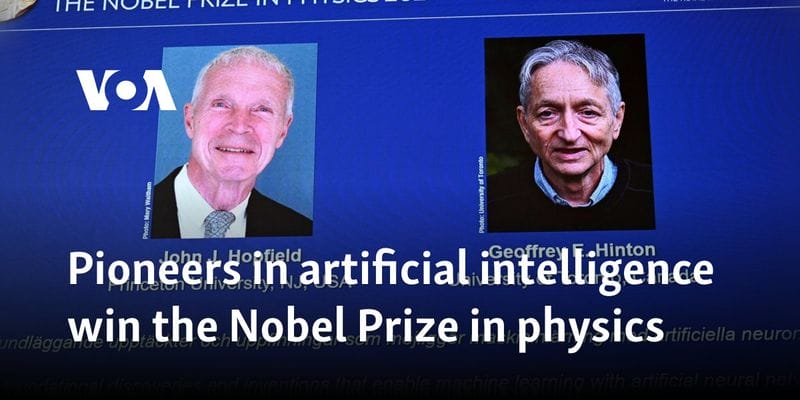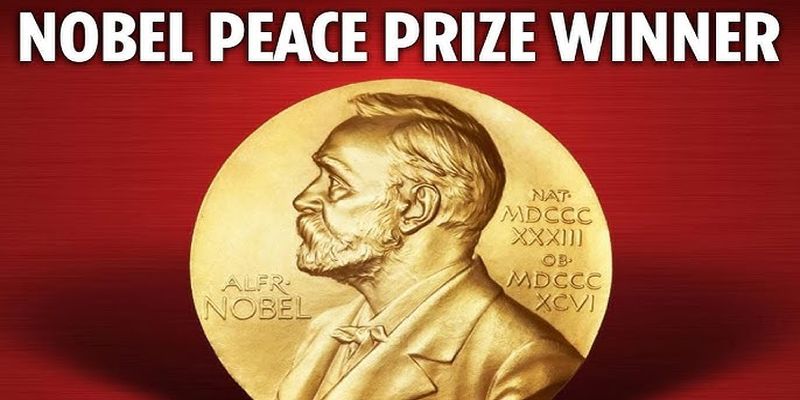The recent awarding of the Nobel Prize in Physics to AI pioneers Geoffrey Hinton and John Hopfield has not only recognized their monumental contributions, but also reignited debates on artificial intelligence’s impact on society. These concerns highlight the tension between technological advancement and ethical responsibility.
A Nobel for AI Visionaries
Hinton and Hopfield’s work on neural networks and AI models earned them the prestigious Nobel Prize. Their groundbreaking research underpins much of today’s AI technology, enabling everything from deep learning algorithms to self-driving cars. However, the laureates have expressed apprehension about AI’s trajectory, urging caution in its development and implementation.
Risks of Unchecked AI Development

Hinton, known as the “Godfather of AI,” has voiced concerns about the rapid and uncontrolled advancement of artificial intelligence. He warns that AI’s capabilities, particularly in creating autonomous systems, may soon surpass human control. This sentiment aligns with the concerns raised by experts like May-Britt Moser, a fellow Nobel laureate in neuroscience, who emphasizes that while AI enhances research capabilities, it poses significant risks when deployed irresponsibly.
ALSO READ: Durga Puja and Navratri 2024: A Grand Celebration of Culture and Devotion
Ethical and Regulatory Challenges
The Nobel Prize spotlight has amplified calls for stringent AI regulations. Both Hinton and other scientific leaders argue for a collaborative global effort to set guidelines ensuring AI is safe and beneficial. With AI’s influence growing in various fields—from medical diagnostics to finance—there’s an urgent need for frameworks that can keep pace with innovation while mitigating potential threats.
Striking a Balance: Progress vs. Safety
As the world acknowledges the benefits of AI, such as in healthcare and climate modeling, there is a growing recognition that society must find a balance between progress and caution. The Nobel Prize winners emphasize the importance of developing AI responsibly to prevent scenarios where systems could become uncontrollable or harmful. The 2024 Nobel Prize in Physics not only celebrates the transformative power of AI but also underscores the need for vigilance as the technology evolves. Scientists and policymakers are now called upon to ensure that AI continues to serve humanity positively without compromising safety.
